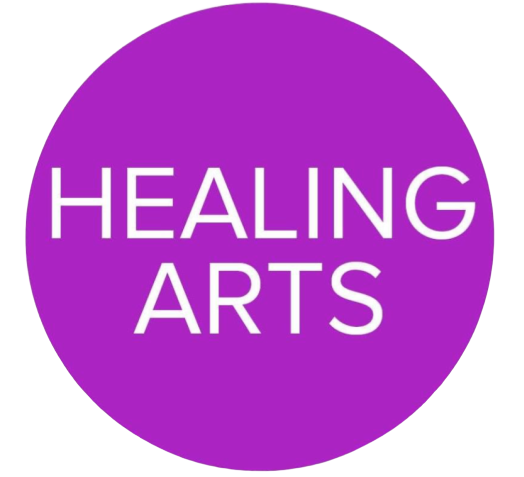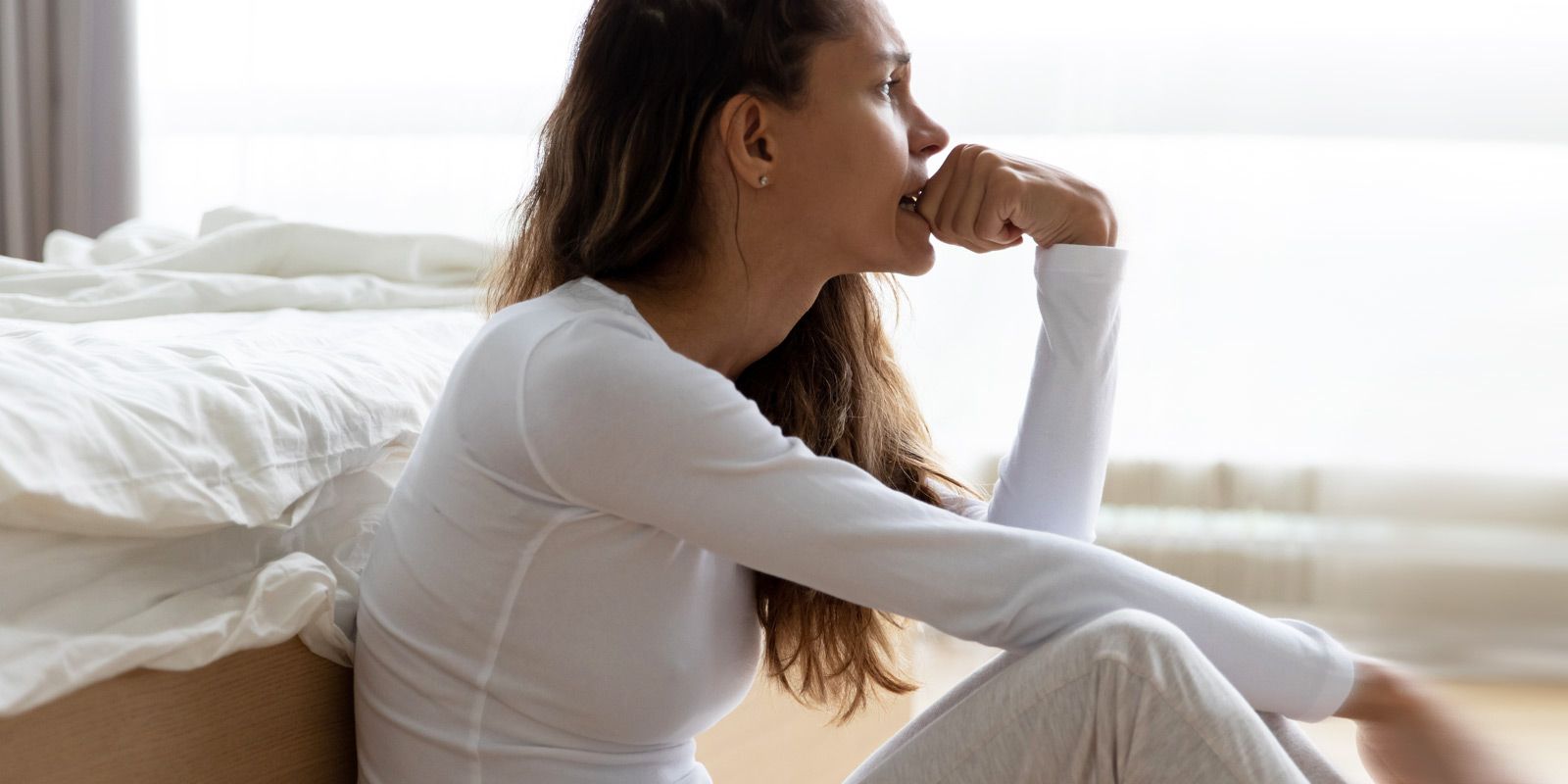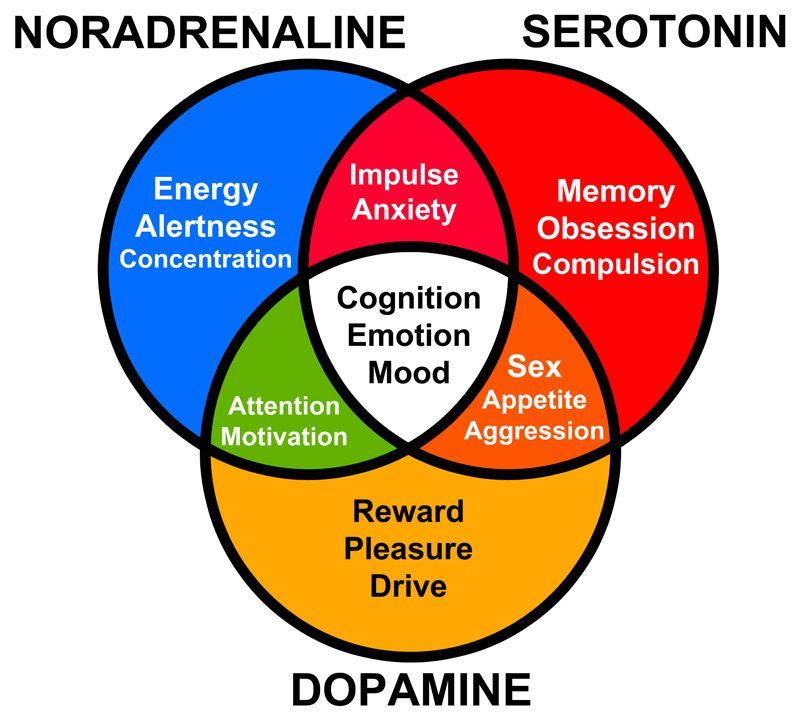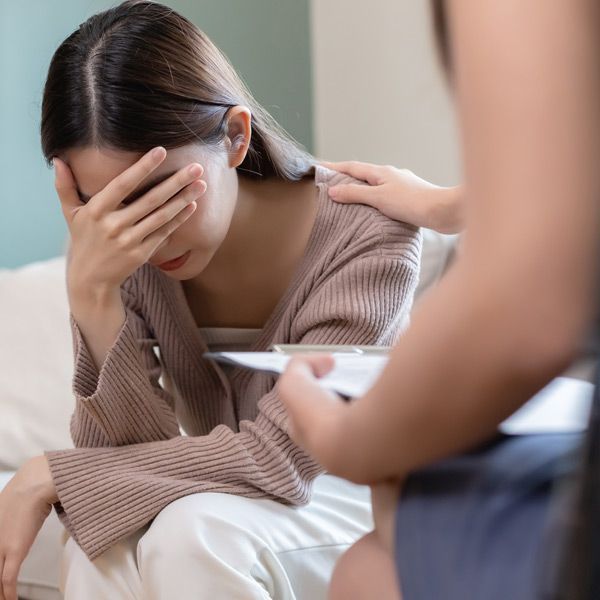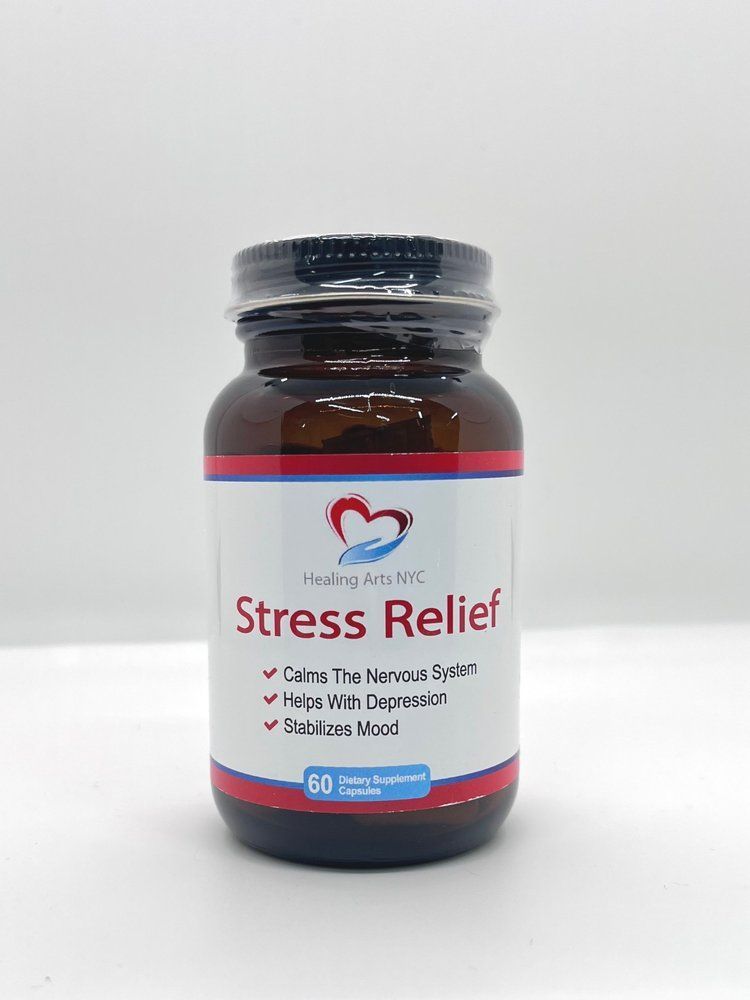Anxiety Disorders NYC - Dr. Alicia Armitstead
In one patient case study it took just two weeks for Katie to start sleeping better than she had in years. With better sleep, she instantly felt less irritable but still stressed and depressed. It took another ten days to start feeling both the anxiety and depression lift. Today, Katie lives near anxiety free.
-Dr. Alicia Armitstead
Natural Remedies for Anxiety Disorders at the Healing Arts NYC Health and Wellness Center in Manhattan NY 10017 and Connecticut
What is Anxiety Disorder?
Anxiety is a feeling of worry, fear, or uneasiness that often arises from uncertain or potentially threatening situations. It's a natural response to stress or danger, but when it becomes excessive or uncontrollable, it often interferes with daily life and leads to various physical and mental health problems. Anxiety can be felt as generalized anxiety disorder, panic disorder, phobias, and social anxiety disorder, among others.
Anxiety can have many different causes, and it can vary from person to person. For some people, anxiety may be related to external factors such as stress at work or school, financial problems, or relationship issues. For others, anxiety may be related to a chemical imbalance in the brain or a history of traumatic experiences.
Understanding the Physiology of How You Feel Anxious
Understanding that what you eat makes a difference in your health is so important. For better health, you need to know that every time you put something in your mouth, it either supports or hinders your body. Food is not neutral to the body. There is a chemical reaction to everything you eat and drink. These chemical reactions are not limited to affecting just the digestive system but all systems in the body, including the brain and our outlook in life, because the neurotransmitters for the brain are made in the gut.
Serotonin is the neurotransmitter that makes us feel happy. It is released when we spend time in the sun. Spending 10 minutes a day outside will make a difference in your serotonin levels. It is made in the gut from tryptophan. Tryptophan is an amino acid that you obtain only from food. Food high in tryptophan includes salmon, eggs, cheese, turkey, and seeds.
Endorphins are another type of neurotransmitter that makes you feel happy. We know endorphins get released with exercise and meditation. It's the release of endorphins that gives one a runner's high. Endorphins give that feeling after a workout. Even though during the workout, you may hate it. Afterward, you feel so good. They are made in the pituitary and hypothalamus glands. Both glands are in your brain. There are more than 20 different types of endorphins in the body.
GABA (Gamma-aminobutyric acid) is a neurotransmitter that makes us feel calm. If we don't have enough of it, we can feel anxious. It is made from another neurotransmitter called glutamate, which is excitatory. Glutamate makes us feel engaged in life and helps with learning and memory, but too much glutamate can make us feel anxious. It is important to have a good balance between these two neurotransmitters.
GABA has been made into a supplement that people take to help with anxiety, but if you muscle test for the supplement, meaning your body can benefit from it, it means you have a leaky brain, and ultimately, that's what we need to help you with. Taking a GABA supplement could help with the symptoms, but it's not the root cause. To help you really heal, it would be to fix the leaky brain. There is a barrier around the brain that lets very small particles in and out called the blood-brain barrier. A molecule of GABA is bigger than what the barrier allows to go in and out, so supplementation should not work because it shouldn't cross the barrier. If the blood-brain barrier is leaky, then GABA can cross, but so can many other harmful substances cross into the brain and cause problems.
For this reason, we help our patients detox. Environmental toxins such as plastic water bottles, aluminum foil, or the aluminum in your deodorant, cleaning supplies, laundry detergent, makeup, or toothpaste that has titanium in it can disrupt the normal production and function of all neurotransmitters. At your very first appointment with us, we give you lifestyle changes to reduce exposure to these toxins. There are over 60 different heavy metals and heavy chemicals we test for, and depending on the testing, that will determine the lifestyle changes we give. Our nutrition programs are that personalized.
Within the category of heavy chemicals toxicity, pesticides have the most profound impact on the brain. They are neurotoxins that can disrupt acetylcholine, dopamine, serotonin, endorphins, histamine, glutamate, norepinephrine, and GABA. It is always important for good health to eat organic, but if you suffer from any sort of irritability, anxiety, or depression, then it is of utmost importance to eat as organic as you can.
Stress management is so important to help with anxiety. There are lots of stress-reducing lifestyle changes to do, but some patients are too anxious to even begin journaling or exercising. It's easy to get stuck in a loop of stress that then turns into anxiety. Then when anxiety hits, it's even harder to manage, and you feel even more stuck.
Depression is another way people feel stuck. To help, when you start slipping into depression, force yourself to go out with a friend in nature. Friendship plus nature always seems to be the key to helping the blues. If you can't get together with a friend in person, then call them up while you take a walk in the park. Always notice your mood afterward.
A Patient Case Study of Treating Anxiety with Natural Remedies
Katie was a woman in her 50s juggling a full-time job she loved and two kids, 8 and 9 years old. Nothing specifically happened in her life to cause anxiety, but after years of low-grade stress, her coping mechanisms for daily life were no longer working, and she was burnt out. She was having trouble sleeping, worried about too many things. Lack of sleep caused irritability with the kids and less efficiency at work. When she finally came into my office looking for help, she was so upset and depressed she could barely get out of bed on the weekends.
After muscle testing, we identified what toxins she needed help detoxing and gave her lifestyle changes for it. We also identified what foods were bothering her and what organs needed support and gave her supplements to support the weak organs.
When Katie came to me, she was too stressed to eat much. Sometimes people do the opposite when stressed or depressed and eat their feelings. People emotionally overeat as a way to numb their feelings. Yet when stressed or depressed, this is the time to eat well to feel better.
Nutrition Response Testing and Applied Kinesiology (Muscle Testing) helped define the causes of Katie's symptoms. Not all patients would have the same natural healing plan, which is why we muscle test. Some of the lifestyle changes we made to help Katie restore her body's chemical imbalance included:
- Diet Modification: To help her mood, whether she was feeling depression, anxiety, or both, I encouraged her to eat more fermented foods. Fermented foods have healthy bacteria, and adding them to your diet will help with the neurotransmitters that are made in the gut. She ate a small portion of fermented foods on a daily basis. One serving every day of sauerkraut, kimchi, kefir, yogurt, kombucha, or pickled vegetables with a meal is best.
- Protein Consumption: We made sure Katie was eating enough protein. Whether it's plant-based or not doesn't matter. When people eat too many carbs and not enough protein, the chemical imbalance makes us feel low.
- Add Chocolate with a Healthy Sweetener to the Diet: Something many of us reach for as comfort food is a chocolate, and there are actual health benefits to it. Cocoa specifically increases serotonin and dopamine in the brain. The reason why women reach for it during PMS and menstruation is because it is during this time that serotonin levels are low, and cocoa helps boost the mood. Cocoa also contains PEA, or phenethylamine, which stimulates the nervous system to release endorphins. The one thing that hinders chocolate from being a great superfood is all the sugar that is in it. Find chocolate that is made with coconut sugar, stevia, or monk fruit instead, and even when it's made with a healthier sweetener, make sure you have at most only a serving a day.
- Guided Nutritional Supplementation: Over the years, I have observed that patients can have both anxiety and depression and can get stuck in either one at various times. In Katie, I saw a need to help the brain and nervous system when people have both and developed a supplement that can help. Her personalized healing plan included red sandalwood, SAM-e, vitamin B12, Ashwagandha, kava kava, glutamate, lemon balm, passionflower, and vitamin D. These natural ingredients promote calming and give the nervous system a boost. Again, this plan was unique to the results of Katie's muscle testing. Each patient will have different needs to make corrections to the chemical imbalances in their bodies.
- Katie avoided alcohol because it acts like a depressant, even though, at the moment, you may feel more relaxed.
- Katie avoid caffeine, too, because it will just make you feel more anxious.
- Katie avoid sugar like cakes, cookies, candy, soda, and simple carbs like wheat and white flour. Pasta, pretzels, bread, and bagels turn into sugar quickly, and when the sugar spike comes, it makes us feel even more anxious.
- PSYCH-K Treatments: Katie participated in Phych-K sessions while she was healing. Her healing plan to restore chemical imbalances in her body was underway. Psych-K is a helpful form of energy psychology that uses energy-balancing techniques to help individuals transform their conscious and subconscious beliefs. Often patients with anxiety and depression live with the constant challenge of overcoming the feeling of "giving up" and that they can't succeed. We worked together to help her mind get as healthy as her body was.
Stress Relief Supplement
For those who are feeling both anxious and depressed this supplement was specifically designed by Dr. Armitstead to help calm the nervous system while also supporting the brain to produce more neurotransmitters in order to feel better.
Ingredients:
Red Sandalwood, SAMe, Vitamin B12, Ashwagandha, Kava Kava, Glutamate, Lemon Balm, Passionflower and Vitamin D
Results of Holistic Healing Plan for Anxiety
It took just two weeks for Katie to start sleeping better than she had in years. With better sleep, she instantly felt less irritable but still stressed and depressed. It took another ten days to start feeling both the anxiety and depression lift. Today, Katie lives near anxiety free. Obviously, flare-ups can occur, but they are rare and manageable. Katie routinely sees us for periodic check holistic checkups and now focuses her efforts and energy on prevention, not just for anxiety, but she now takes a proactive approach to long-term health and wellness.
Contact Dr. Alicia Armitstead to Help You Overcome Your Anxiety Disorder
Living with anxiety can be lonely for people suffering from this disorder. Often, these people get little sympathy or support because it's hard for others around them to comprehend what they live with. Instead of taking medicines that mask symptoms and don't address the cause, consider a holistic solution with natural remedies.
Please contact us today!
Additional References
- What are the Signs and Symptoms of Anxiety? - National Institute of Mental Health
- Types Of Anxiety Disorders - National Alliance on Mental Health
